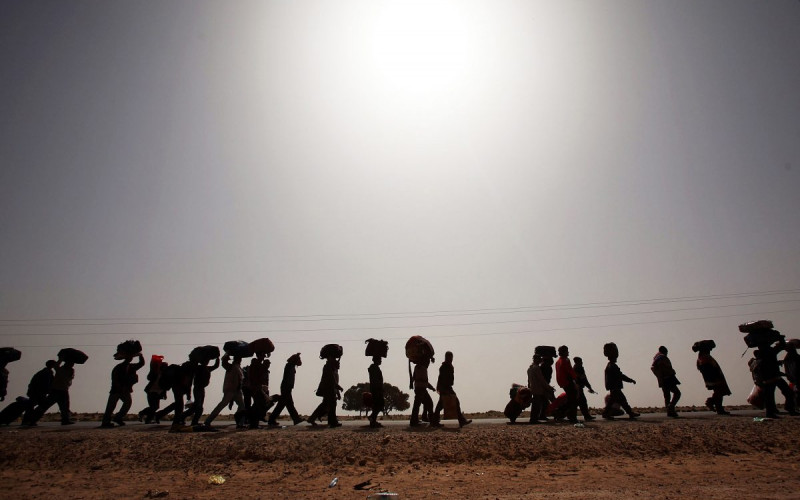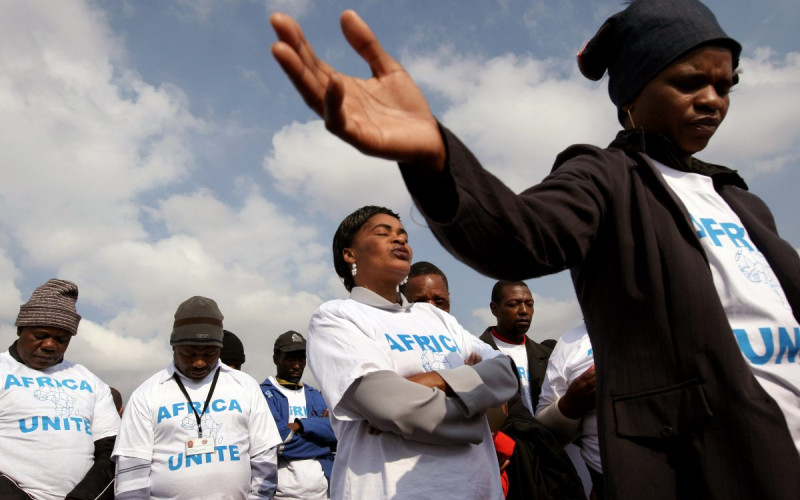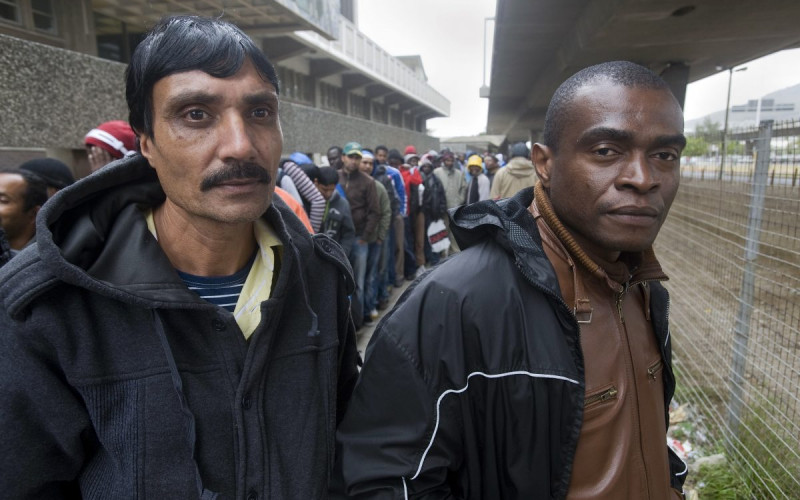This year’s lecture was part of a series held in international centres, including Washington D.C., New York, Addis Ababa, and Geneva.
Venue: Jan Smuts House
Held on Thursday, 15 September 2011 the lecture brought together two leading campaigners of refugee and human rights issues to share the platform: prominent South African human rights lawyer, Advocate George Bizos SC and Dr. Chaloka Beyani, senior lecturer in International Law at the London School of Economics and UN Special Rapporteur on the Human Rights of Internally Displaced Persons.
Adv. Bizos shared a personal account of his journey from German occupied Greece in 1941 to South Africa via Egypt. In his opening remarks entitled: “Yes to Xenophilia and No to Xenophobia”, he recalled his life as a refugee and as a victim of xenophobia in South Africa. Adv. Bizos encouraged South African citizens and the government to observe and protect the rights of foreign nationals, especially in a country where xenophobic violence has claimed the lives of refugees and economic migrants over the last number of years. Download the speech by Adv.George Bizos here [.pdf]

The annual lecture is named in honour of Fridtjof Nansen (1861-1930), an acclaimed Norwegian explorer, scientist, diplomat, humanitarian and Nobel laureate. He devoted the final decade of his life primarily to the League of Nations, following his appointment in 1921 as the League’s High Commissioner for Refugees. He was awarded the Nobel Peace Prize in 1922 for his work on behalf of the displaced victims of the First World War and related conflicts. Among the initiatives he championed was the ‘Nansen Passport’ for stateless persons, a certificate recognised by more than 50 countries. Read more about the work of Fridtjof Nansen here.







